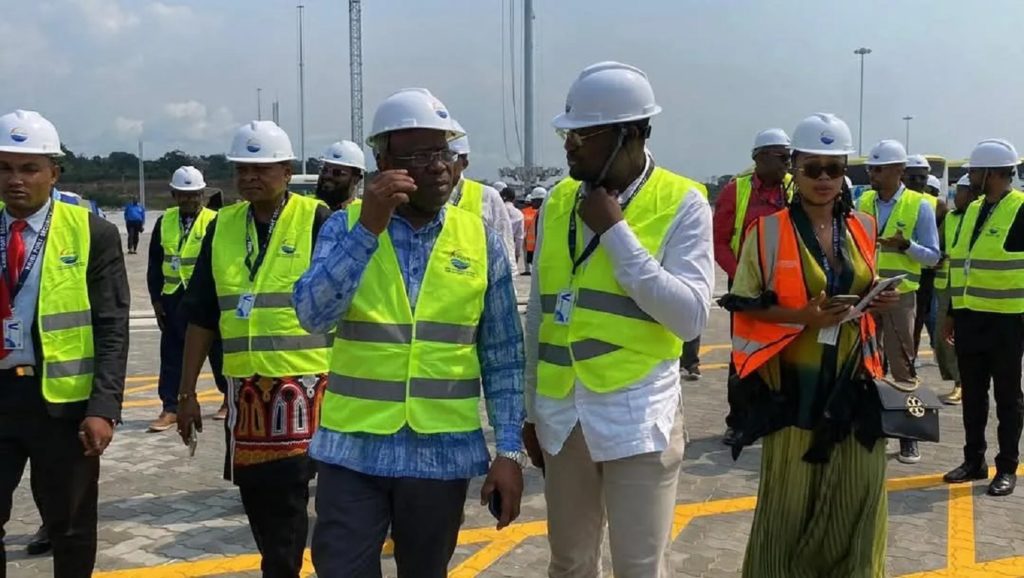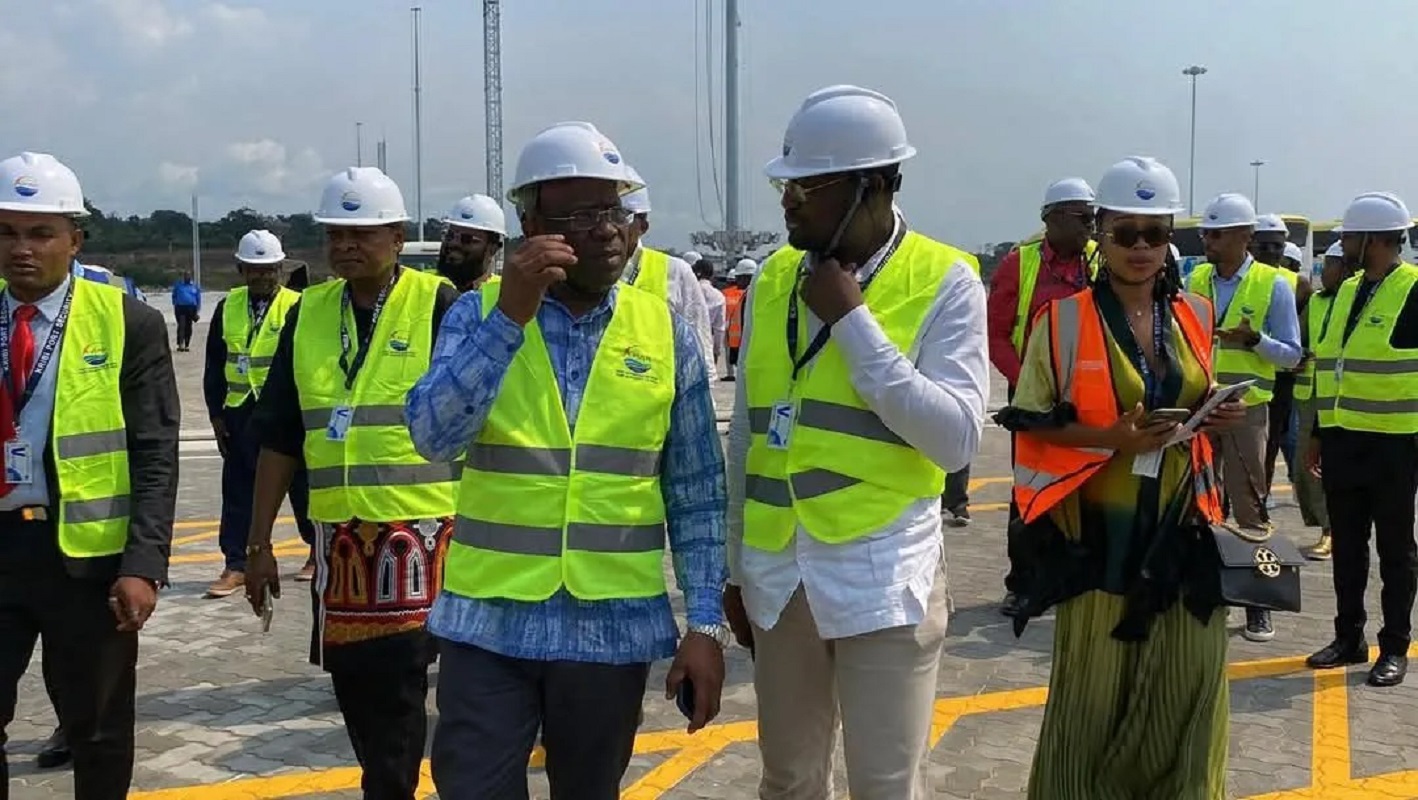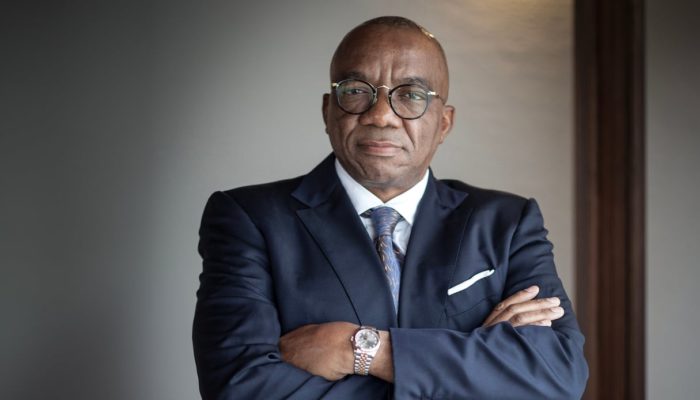By welcoming the Cameroon Business Group (GECAM), the Autonomous Port of Kribi presented its new infrastructure, its strategic role and the opportunities it offers to investors. Objective: to strengthen its position as an economic hub in Central Africa.
The Autonomous Port of Kribi (PAK), the largest port in Africa in terms of surface area, welcomed a delegation from the Cameroon Business Group (GECAM) on January 24, 2025. This strategic meeting aimed to expose the vital role of the port in the national and sub-regional economy, while highlighting the investment opportunities it offers. With an area of influence covering more than 180 million inhabitants in the Cemac region (Cameroon, Gabon, Chad, Central African Republic, etc.), the PAK has established itself as a key player. Thanks to massive investments and a vision focused on innovation, the port aspires to become a major lever for economic competitiveness in the Gulf of Guinea.

Cutting-edge infrastructure to meet ambitions
During the visit, Patrice Melom, Director General of PAK, presented the ongoing projects, including the 2nd container terminal. With a quay length of 715 meters, double the first, this terminal will triple the capacity of the infrastructure, increasing from 350,000 TEUs to 1,000,000 TEUs. “With this new infrastructure, the port of Kribi can easily compete with most port locations in the Gulf of Guinea. We have also opted for the digitalization and dematerialization of procedures in order to improve the cost and processing time of goods,” stressed Patrice Melom. As one of the few deep-water ports in sub-Saharan Africa, PAK is capable of accommodating large-tonnage vessels. The integrated 1,500-hectare industrial-port complex reinforces this attractiveness. Furthermore, the port’s security and efficiency make it an alternative of choice for economic players.
Business expectations for increased competitiveness
During this visit, GECAM President Célestin Tawamba expressed his satisfaction while making recommendations. For him, these infrastructures must primarily support local businesses so that they can fully benefit from the African Continental Free Trade Area (AfCFTA). “We hope that these investments will above all improve the competitiveness of businesses, particularly by offering affordable costs,” said Célestin Tawamba. GECAM welcomed the port’s strategic vision while calling for vigilance to ensure that these advances meet the needs of local economic players.
An ambition supported by colossal investments
With an estimated investment cost of 400 billion FCFA, the 2nd container terminal is only one component of phase 2 of the port expansion project. This phase also provides for the construction of hydrocarbon and mineral terminals, anticipating the exploitation of mining deposits in Cameroon. The initiative is part of a global dynamic aimed at positioning Kribi as an essential platform for international trade and regional economic integration. By adapting to the demands of modernity and the challenges of competition, the Autonomous Port of Kribi projects itself as a leading strategic player for the economic development of Central Africa.






